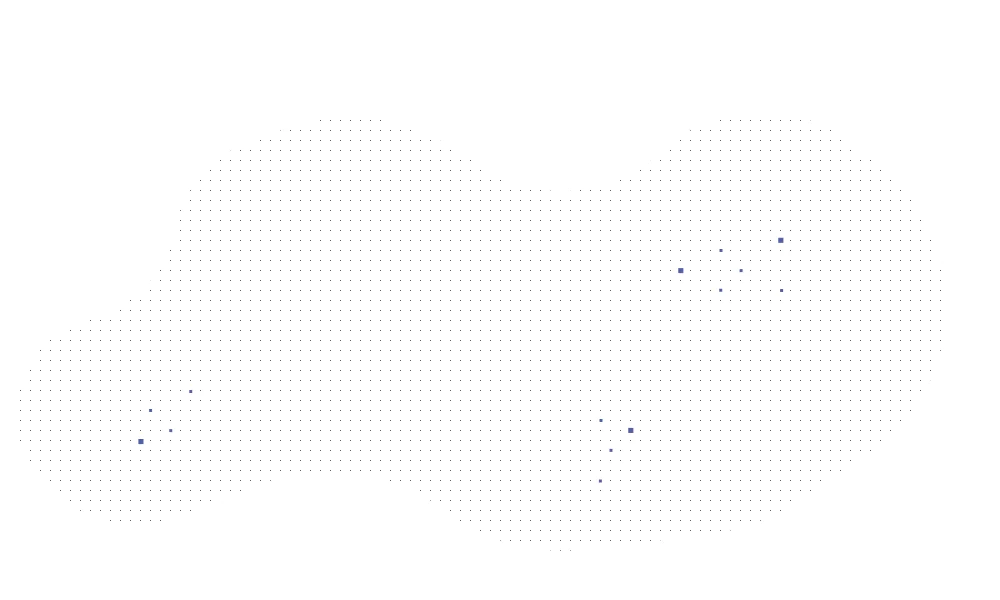- A framework agreement was signed by the Swiss Federal Institutes of Technology (EPFL and ETH Zurich), the Lausanne University Hospital (CHUV), and the University of Lausanne (UNIL) to establish a common base of expertise in the area of data science and serve projects in the healthcare sector.
- The respective data science centers of the institutions will work together on innovative projects related to medical research and quality of care.
- Patients will benefit from accelerated scientific discoveries resulting from the pooling of expertise.
- The agreement establishes a clear and balanced framework that leverages and maximizes competencies toward common objectives.
Lausanne/Zürich, 21 February 2023 – The Biomedical Data Science Center (BDSC) – a joint platform between the Lausanne University Hospital (CHUV) and the Faculty of Biology and Medicine of the University of Lausanne – and the Swiss Data Science Center (SDSC) – a joint-venture between the Swiss Federal Institutes of Technology of Lausanne (EPFL) and Zurich (ETHZ) and the Paul Scherrer Institute (PSI) – signed a framework agreement to reinforce their collaboration on projects based on data science in healthcare.
Under this partnership, the parties will share for the first time their knowledge and expertise in the field of data science under a multi-institutional framework, thereby accelerating scientific discoveries and their clinical transition for the benefit of patients. Dedicated experts from both sides will be assigned to common projects managed under this agreement, particularly focusing on datadriven medicine solutions in the fields of personalized health and the management of the lifecycle of clinical data for research.
This new structure will enable the consolidation of links and pooling of the expertise of the hospital's clinical and diagnostic services with that of the specialized data science centers of the CHUV and the EPF, and thus better take advantage of the synergies between these resources. “By bringing together the expertise of our institutions, we can leverage concrete opportunities to improve the quality of care in Switzerland; we are therefore delighted to establish this strategic common foundation,” says Olivier Verscheure, director of the Swiss Data Science Center. “We hope to extend this type of collaboration to other Swiss institutions to create an ecosystem of volunteers and jointly accelerate research and innovation.”
“This collaboration with the SDSC will bring a diversity of perspectives and expertise to our projects, leading to more innovative solutions in using patient data to provide the highest quality care,” says Raphaël Gottardo, director of the CHUV Biomedical Data Science Center. “In the future, these partnerships will be crucial to improve our analysis and decision-making capabilities and ensure that digital innovations meet the real needs of patients and healthcare professionals.”
This agreement reinforces the links that already unite the two entities. Indeed, the BDSC and the SDSC already collaborate closely with the CHUV's clinical researchers from different disciplines on several data science projects in research and clinical innovation.








